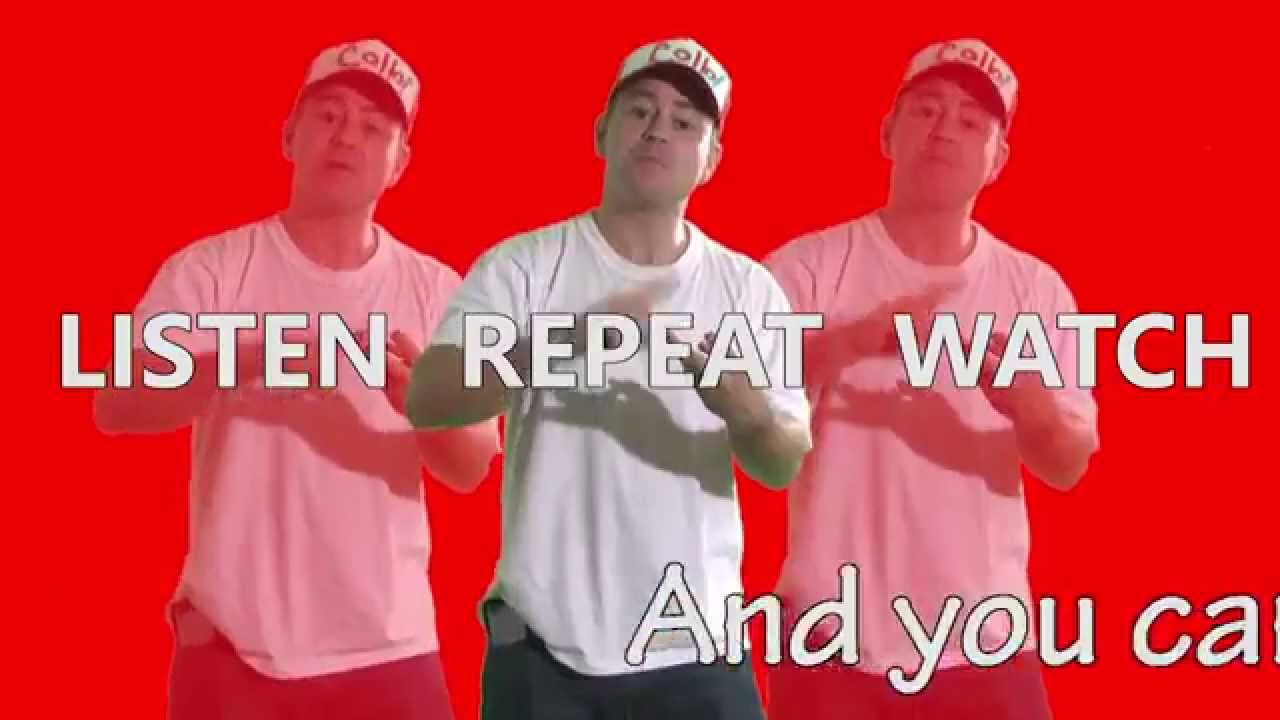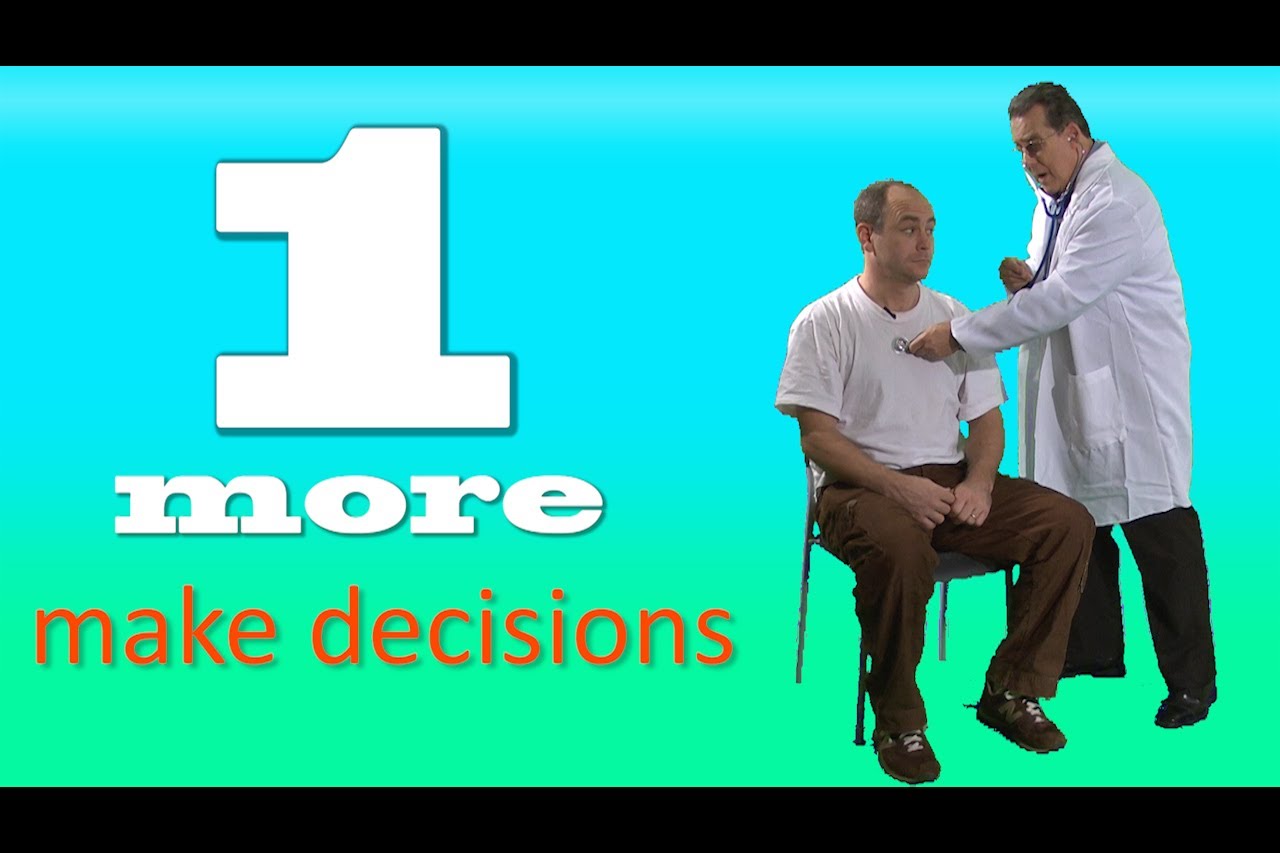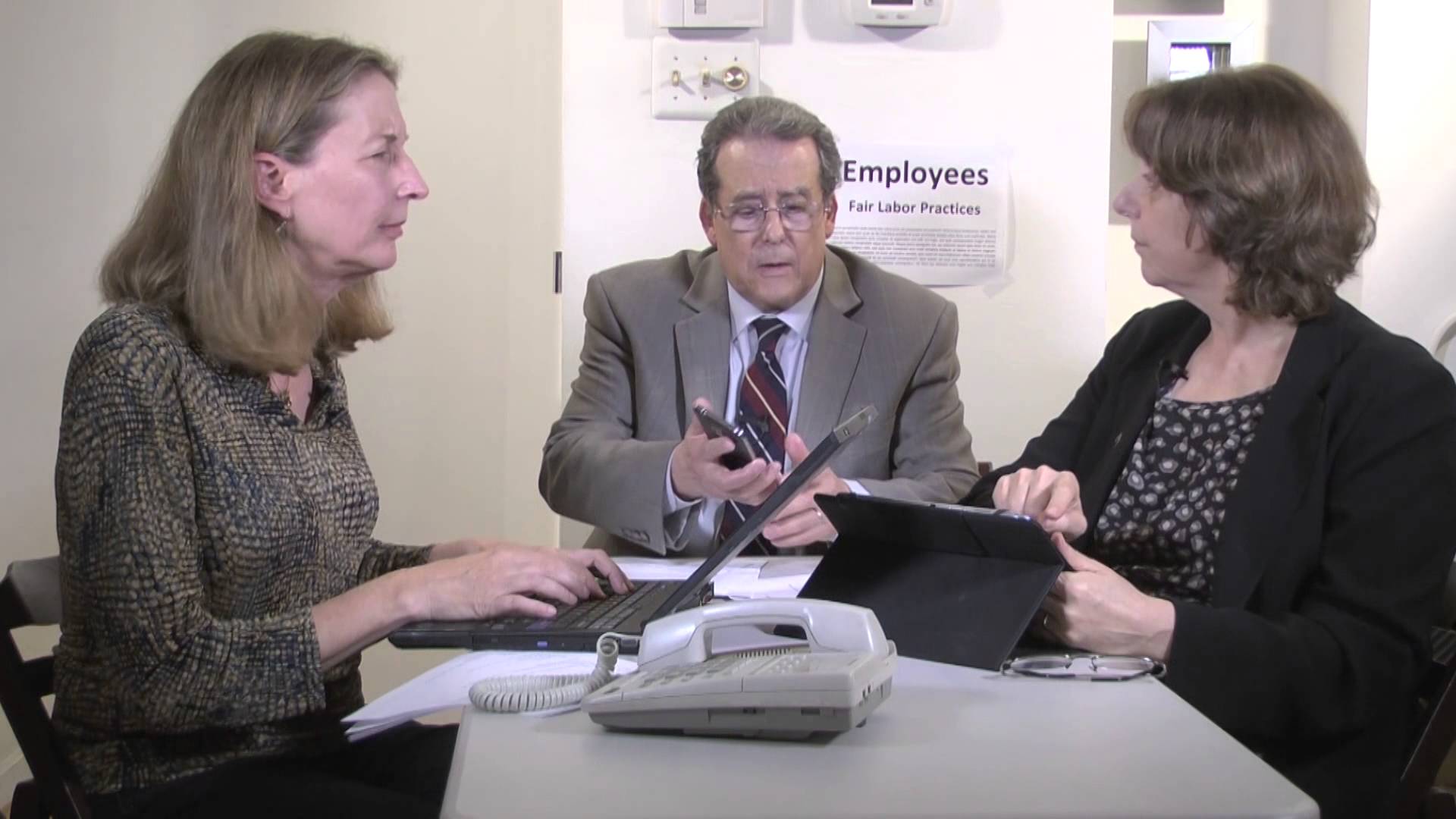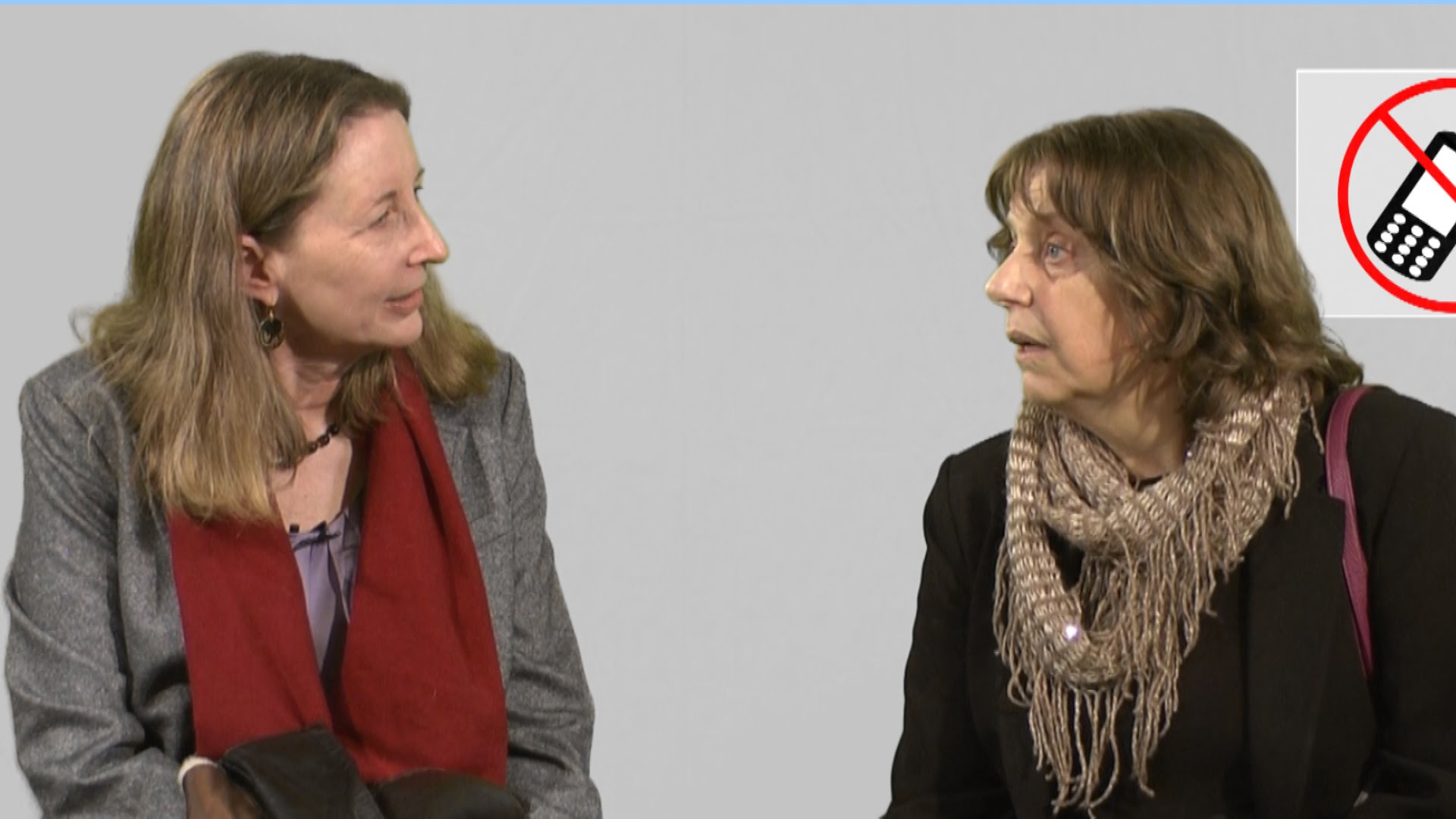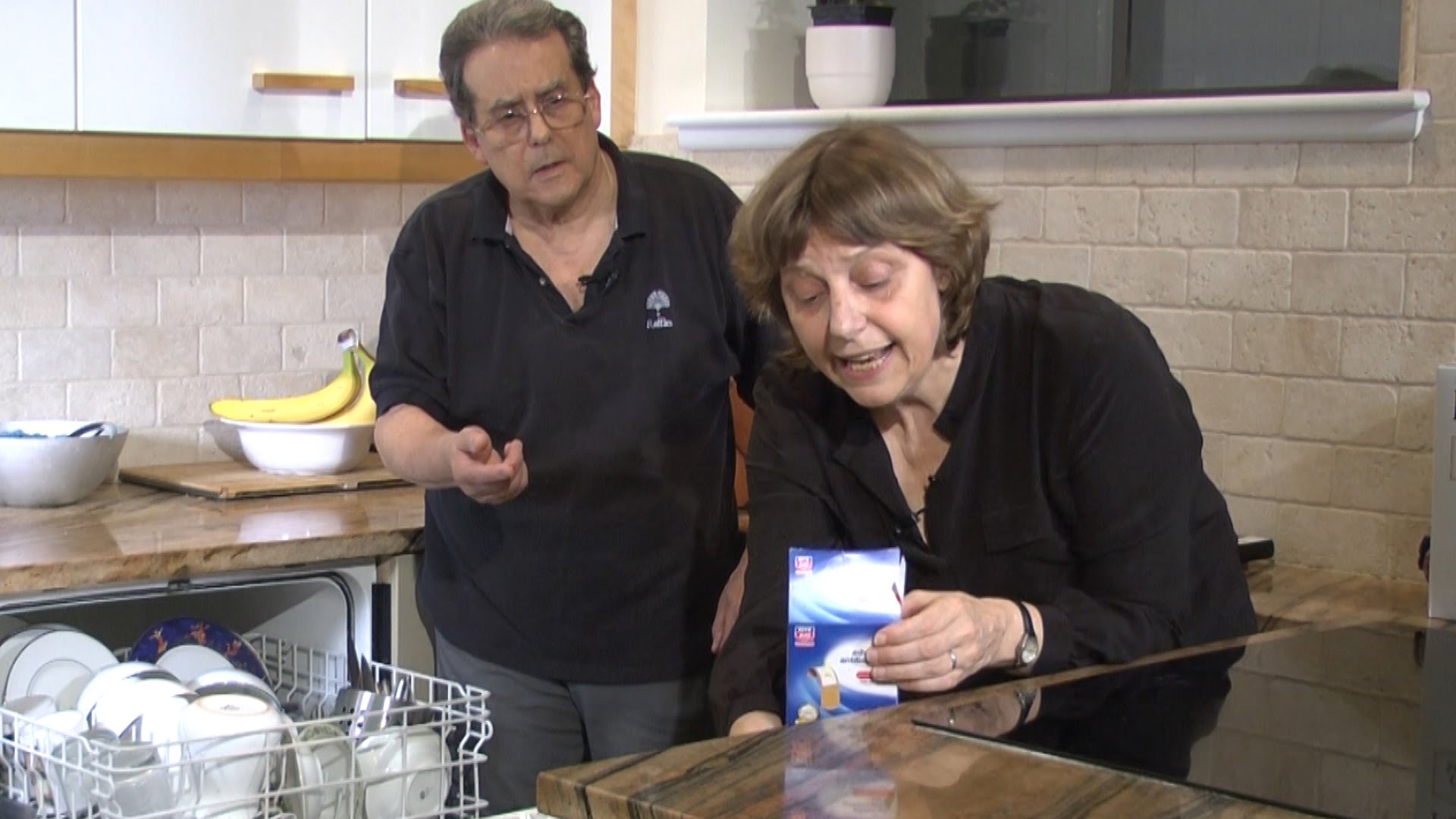
If and In Case (English Conditionals)
We can use if and in case to talk about future possibilities. If is about what might happen. In case is about precautions that we take now to avoid problems in the future. See examples and learn the difference in this video. Click here to learn about the verbs avoid and prevent Click here to see more grammar videos If and In Case Video Script You shouldn’t put the knives in that way. It’ll be




